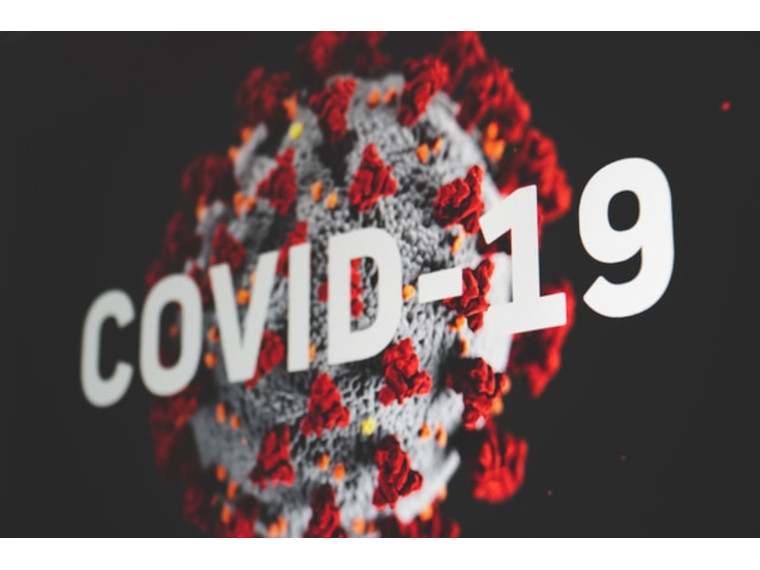Photo by Martin Sanchez on Unsplash
Written by Tanya Terry
Sources: The Centers of Disease Control and Prevention (CDC), the Mayo Clinic and Genesee County Health Department
According to data from the Centers for Disease Control and Prevention, the BA.5 strain represented 65% of cases from July 3 to 9. Although Genesee County is currently in a recovery phase, the strain is considered “hypercontagious,” according to the Mayo Clinic.
It was understood that people who got infected with COVID-19 had built up a natural immunity that kept them from being reinfected with the virus for at least about three months. However, the subvariant BA.5 is reinfecting some people who had been infected with COVID-19 just weeks earlier.
Given recent increases in deaths and hospitalizations associated with the BA.5 variant the CDC is placing emphasis on saying everyone should stay up to date with recommended COVID-19 vaccinations.
Unvaccinated people have 14 to 15 times higher chance of death and about a five times higher chance of contracting the virus than those who are vaccinated and boosted, according to the Mayo Clinic.
On July 22, the CDC’s Morbidity and Mortality Rate Week Report confirmed the third and fourth COVID-19 vaccine dose offered substantial protection among adults with healthy immune systems who were eligible to receive them during Omicron variant evolution in early 2022.
Study findings have shown people infected with BA.2 may also have antibodies that can protect against illness with BA.5. Additionally, the CDC recently pointed out the study suggest that currently available vaccines may provide protection against serious illness caused by the currently circulating BA.5 variant.
Experts examined VISION Network data on more than 214,000 emergency department/urgent care visits and more than 58,000 hospitalizations with a COVID-19–like illness diagnosis in 10 U.S. states from mid-December 2021 through mid-June 20. Although there were differences among subvariants, the findings of the study were consistent in confirming the effectiveness of booster doses.
They found when BA.1 was the predominant variant, vaccine effectiveness (VE) was 61% for two doses against COVID-19-associated hospitalizations; VE increased to between 85%–92% after receipt of a third/booster dose.
When BA.2/BA.2.12.1 became predominant, vaccine effectiveness with two doses was 24% against COVID-19-associated hospitalizations and increased to 52%–69% after a third/booster dose.
Patterns were similar for emergency department and urgent care encounters, with lower VE during BA.2/BA.2.12.1 predominance and higher VE with 3 or 4 doses compared to VE with 2 doses.
Among adults ages 50 years and older during BA.2/BA.2.12.1, vaccine effectiveness against COVID-19–associated hospitalization was 55% more than 4 months after a booster/third dose and increased to 80% more than a week after the fourth dose
Although he BA.5 omicron subvariant is more resistant to COVID-19 vaccines, the CDC continues to stress COVID-19 vaccines remain our single most important tool to protect people against serious illness, hospitalization and death.
According to CDC information updated July 20, everyone ages 5 years and older should get one booster after completing their COVID-19 vaccine primary series, if eligible. It is recommended adults ages 50 years and older and some people ages 12 years and older who are moderately or severely immunocompromised. receive two boosters. COVID-19 vaccinations are now available for children as young as 6 months. The CDC is headquartered in Atlanta and has experts located throughout the United States and the world.
Earlier this month, White House officials said the CDC and Food and Drug Administration are considering expanding eligibility for the second booster.


